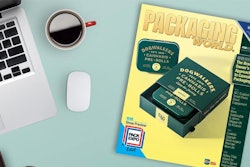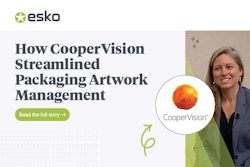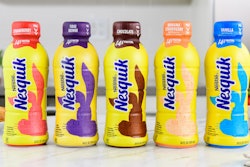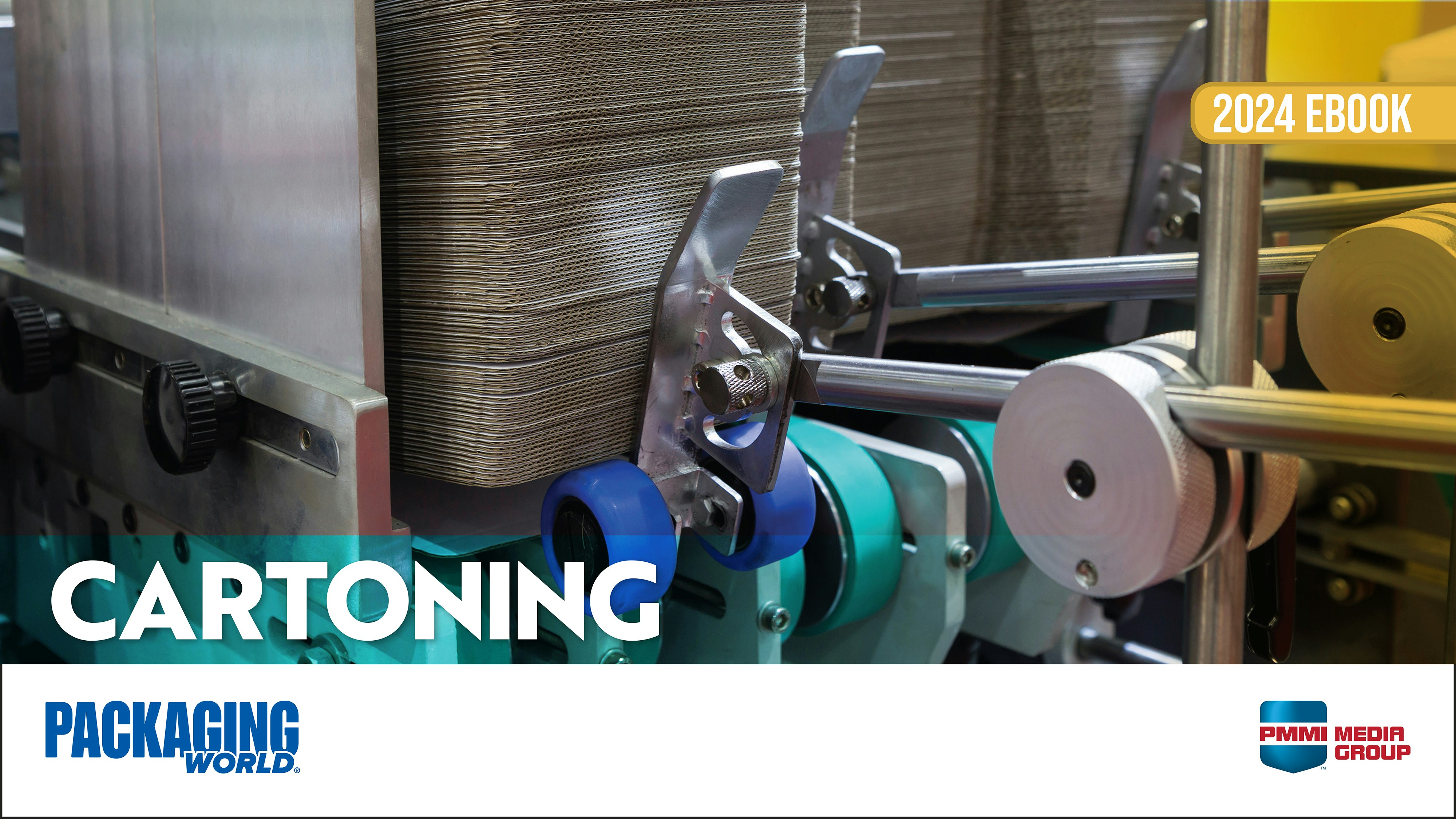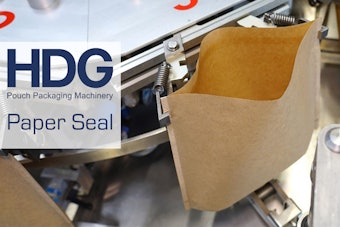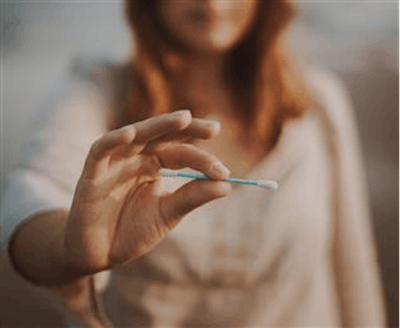
Alternatives to disposable plastic products are needed as the EU Directive 2019/904 is planned to come into effect mid-2021, which will ban many single-use plastic products. The success of LastObject’s reusable cotton swabs shows that the market is ready for this change.
This Danish brand that creates sustainable alternatives to disposable items partnered with Kraiburg TPE–a manufacturer of thermoplastic elastomers–to make reusable basic and beauty cotton swabs. To meet quality requirements, the tip is made of Kraiburg TPE’s Thermolast M, a compound often used for applications in the health sector and which is US DMF listed.
Every day, 1.5 billion cotton swabs are produced worldwide, each to be used only once. To save raw materials and promote the “zero waste” movement, LastObject launched its LastSwab Kickstarter project, which was met with success, selling more than 500,000 LastSwabs around the world.
The reusable cotton swab meets its basic requirements of durability, quick and easy cleaning, and being skin-safe, not causing irritation when in repeated contact with the skin. According to the manufacturer, each individual product is designed for up to 1,000 uses.
The Thermolast M series compound for the flexible, soft tip of the LastSwab has the following properties:
- Hardness: approx. 40 Shore A
- Tensile strength: 8.0 MPA
- Elongation at break: 800%
- Tear resistance: 11.5 N/mm
The compound is designed to provide adhesion to polypropylene and polyethylene, high abrasion resistance, weldability, and free of animal products. It is processed using injection molding and extrusion, with the rigid stick composed of polypropylene. The case is made of recycled ocean waste plastic (OWP) from the Danish company Zeaplast who collects plastic from the ocean and rivers in southeast Asia and recycles it. The entire product is molded by AMP, a well-known Danish injection molder.
Other articles you may be interested in:
COVID-19 Black Swan Event Accelerates Digital Transformation and Urgency for Tech-Enabled Reusables

